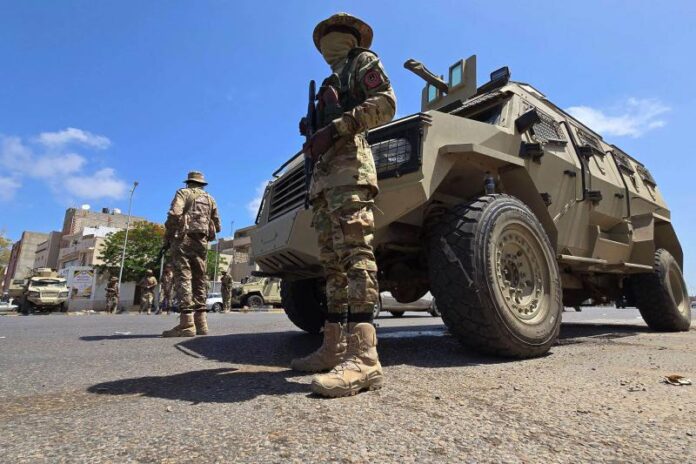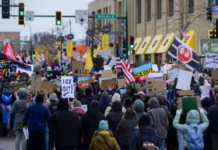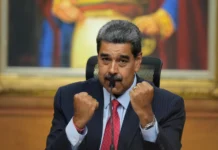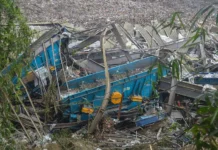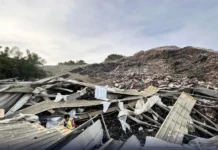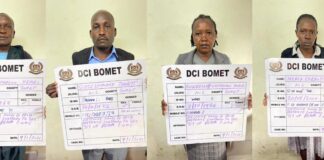Written by Lisa Murimi
The United Nations Security Council (UNSC) has unanimously voted to extend the mandate of its political mission in Libya, known as the United Nations Support Mission in Libya (UNSMIL), for another year—until October 31, 2026.
The extension, formalised through Resolution 2796, underscores the UN’s continued commitment to supporting Libya’s transition to peace and democracy, more than a decade after the fall of longtime ruler Muammar Gaddafi.
UK Deputy Permanent Representative to the UN, Ambassador James Kariuki, welcomed the decision, calling the mission “an essential partner in helping Libyans achieve the peace, stability, and democratic governance they deserve.”
However, the UNSC’s move comes at a time when Libya remains deeply divided. Fourteen years after the revolution, the country continues to struggle with political fragmentation, armed conflict, and governance paralysis.
Rival administrations in the east and west remain locked in power struggles, while powerful militias continue to exert influence over territory and resources.
A recent strategic review by UN Secretary-General António Guterres’ team found that UNSMIL remains a vital stabilising force but faces major obstacles due to “national fragmentation, internal limitations, and shifting geopolitical dynamics.”
The review warned that without significant progress on elections and national reconciliation, Libya risks sliding back into chaos.
Efforts to hold presidential and parliamentary elections have repeatedly stalled since the last attempt in December 2021.
The review cited disagreements over electoral laws, eligibility criteria for candidates, and sequencing of elections as key barriers to progress.
Despite the gridlock, local elections in 2024 and 2025 saw peaceful outcomes in nearly 90 municipalities, mostly in western Libya.
These municipal councils are now considered the only democratically legitimate bodies in the country, though their national influence remains limited.
UNSMIL has also been central in monitoring human rights violations and supporting dialogue among warring factions.
In January 2025, the mission established an advisory committee of 20 Libyan experts—including seven women—to propose solutions for breaking the political stalemate.
Yet, challenges persist. The continued presence of foreign forces, mercenaries, and illicit arms flows undermines ceasefire agreements and fuels mistrust among factions.
The UN review urged member states to streamline UNSMIL’s vast mandate, warning that without greater focus and coherence, “the mission risks remaining tactical and reactive.”
For now, the Security Council’s vote buys Libya more time—but without unity and credible elections, the country’s long-promised democratic transition generally remains uncertain.









